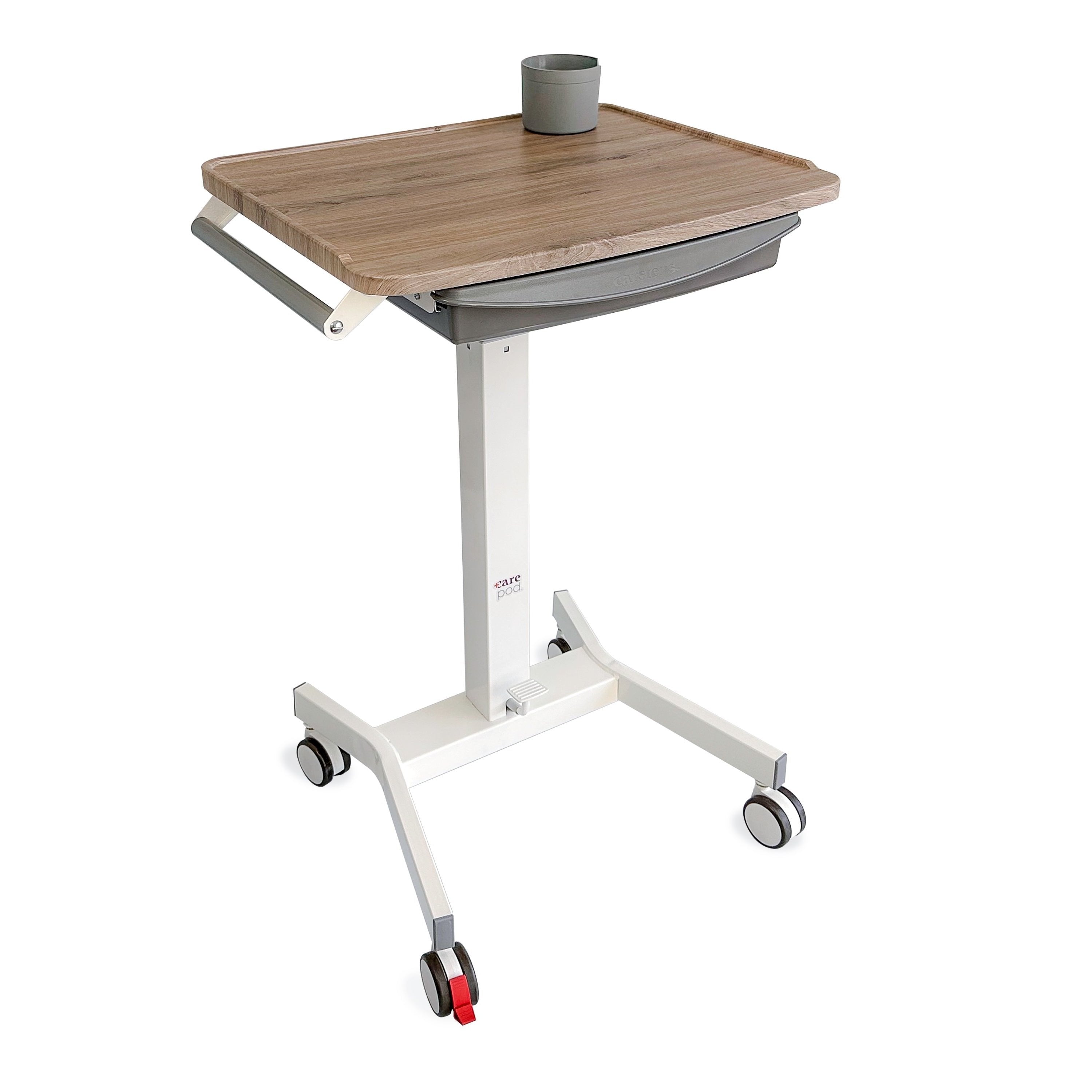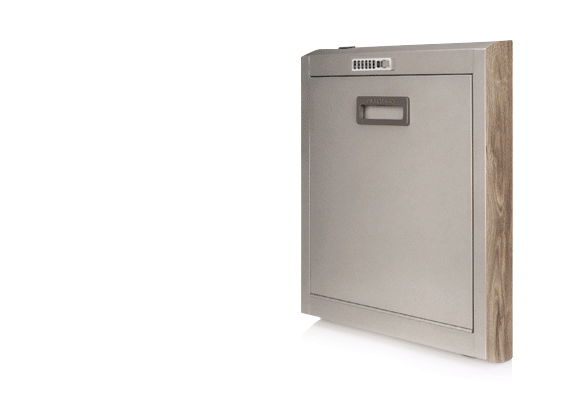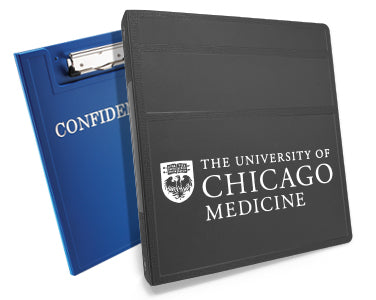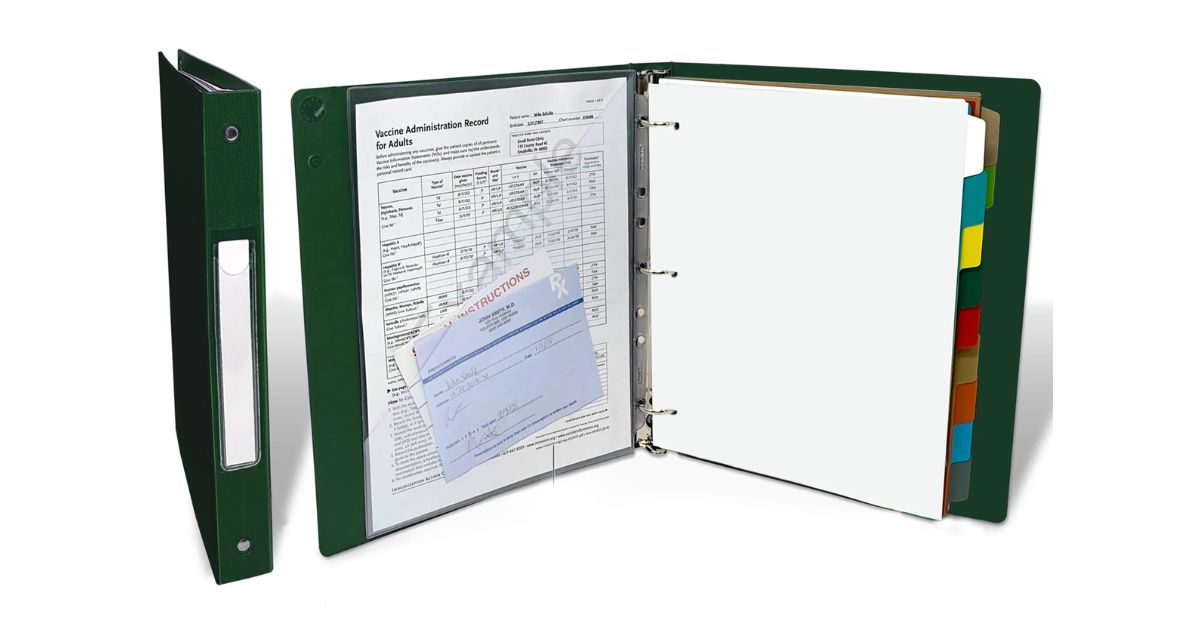Medication errors remain a significant challenge in healthcare, affecting patient safety and outcomes. Implementing strategies to promote safe medication administration should be a top priority in your healthcare sector.
By focusing on continuous education and utilizing advanced technologies, healthcare providers can significantly reduce these errors. Ultimately, enhancing medication safety improves patient care and trust in healthcare systems. For more information on how you can ensure safe administration, here are a few strategies to consider.
Prioritizing Accurate Medication Records
Accurate documentation plays a pivotal role in minimizing errors. Maintaining detailed records, whether through electronic health records or traditional paper charting, ensures healthcare professionals have the necessary information. This allows for informed decisions, reducing the risk of administering incorrect dosages or medications.
Implementing Double-Check Systems
A double-check system enhances security. With two healthcare providers verifying the medication, dose, and patient, potential errors can be identified before reaching the patient. This practice ensures accuracy and fosters a culture of safety within healthcare settings. Implementing this system can build trust between patients and healthcare professionals, as it demonstrates a commitment to patient well-being.
Establishing Consistent Routines
Implementing consistent routines in medication administration is a fundamental strategy to enhance safety and efficiency. Structured routines guide healthcare professionals in conducting their tasks precisely, reducing variability and the likelihood of errors.
These routines can include standardizing medication rounds, checklist protocols, and setting specific times for administering medications. By adhering to well-defined procedures, healthcare teams ensure that each step of the medication administration process is executed systematically.
Educating Healthcare Professionals
Continuous education and training for healthcare staff are essential. Regular workshops and training sessions can update staff on the latest practices and technologies. This knowledge allows them to stay informed about best practices and innovations, like our wall-mounted workstations for healthcare, which streamlines workflows and fosters efficiency.
Encouraging Open Communication
Open communication among healthcare teams promotes a collaborative environment. Potential errors can be prevented when nurses, pharmacists, and doctors share insights and observations. Encouraging dialogue about challenges and successes fosters an atmosphere where safety becomes a shared responsibility.
Empowering Patients in Their Own Care
When it comes to open communication, it’s important that you, as a medical professional, connect with the patients. Empowering patients to participate actively in their medication management is a great way to educate them about their prescriptions and potential side effects. This involvement fosters accountability and reduces the likelihood of medication errors by ensuring patients fully understand their treatment plans.
Regular Audits and Feedback
Routine audits are crucial for evaluating the effectiveness of medication administration strategies. By reviewing current practices, healthcare facilities can pinpoint areas for improvement.
Keeping paper and digital documents up to date is essential, as audit feedback helps refine processes, align them with industry standards, and enhance patient safety.
Incorporating strategies to promote safe medication administration significantly impacts patient outcomes and reduces errors. Regular training and open communication further bolster these efforts, ensuring caregivers and patients benefit. By prioritizing these practices, healthcare providers can create a safer environment, ultimately enhancing the quality of care and patient satisfaction.






